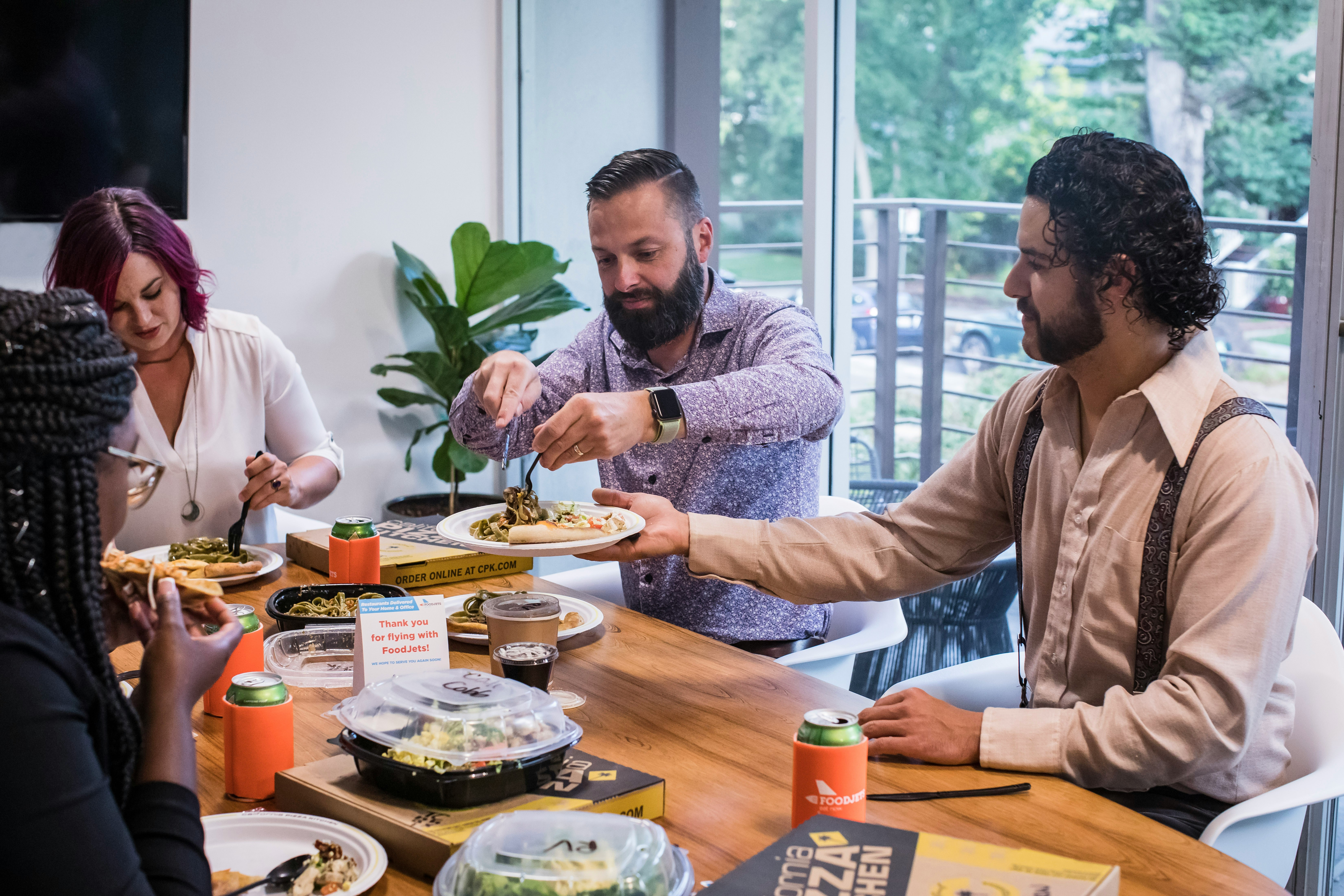Shaping Society: The Influential Role of Food Culture
With the growing focus on diversity, we're seeing a rising trend of food culture playing a pivotal role in shaping our society. As a universal language, food allows us to understand and appreciate different cultures better. Read below to explore more about this fascinating intersection of food, culture, and society.

A Culinary Window Into Cultural Diversity
Food culture is more than just about what we eat; it’s a reflection of a community’s history, values, and identity. From the spice-infused dishes of India to the sushi rolls of Japan, each cuisine tells a story of its people’s journey. In America, the rise of ethnic restaurants and international food festivals has allowed us to experience this cultural diversity first-hand, fostering greater understanding and acceptance of different cultures.
Food Diplomacy: Bridging Societal Gaps
Food diplomacy is an emerging trend where food is used as a tool to facilitate dialogue and build relationships between nations. For instance, the ‘Gastrodiplomacy’ initiative encourages nations to promote their cuisine abroad as a way of enhancing their global image and fostering mutual understanding. This trend underscores the influential role food can play in international relations and social cohesion.
The Role of Food in Social Movements
Food has also played a crucial role in social movements, serving as a symbol of protest and a tool for advocacy. The ‘Slow Food Movement’ advocates for sustainable and local food systems, challenging the fast-food culture and its environmental impact. Such movements underscore the power of food to drive societal change, prompting us to reconsider our food choices and their broader implications.
Food and Identity: A Personal Connection
On a personal level, food can also shape our identity. The food we grow up eating, our family’s food traditions, and the cuisine of our ethnic background all contribute to our sense of self. For immigrants, food can serve as a comforting link to their homeland, helping them preserve their cultural identity in a new environment.
Food Education: Shaping Future Generations
Food education is another important trend, with schools incorporating food literacy into their curriculum. Understanding where our food comes from, how it’s made, and its cultural significance can help children develop a healthier relationship with food and a greater appreciation for cultural diversity.
Useful Tips and Facts - Try out different cuisines to expand your cultural understanding. - Participate in local food festivals to support diverse food cultures. - Educate yourself about the origins and significance of the food you consume.
In conclusion, food culture plays a far more significant role in shaping society than we might initially think. It serves as a bridge to understanding different cultures, a tool for diplomacy, a symbol for social movements, a part of our personal identity, and an essential component of education. As we continue to celebrate and explore different food cultures, we are, in essence, fostering a more inclusive and understanding society.




